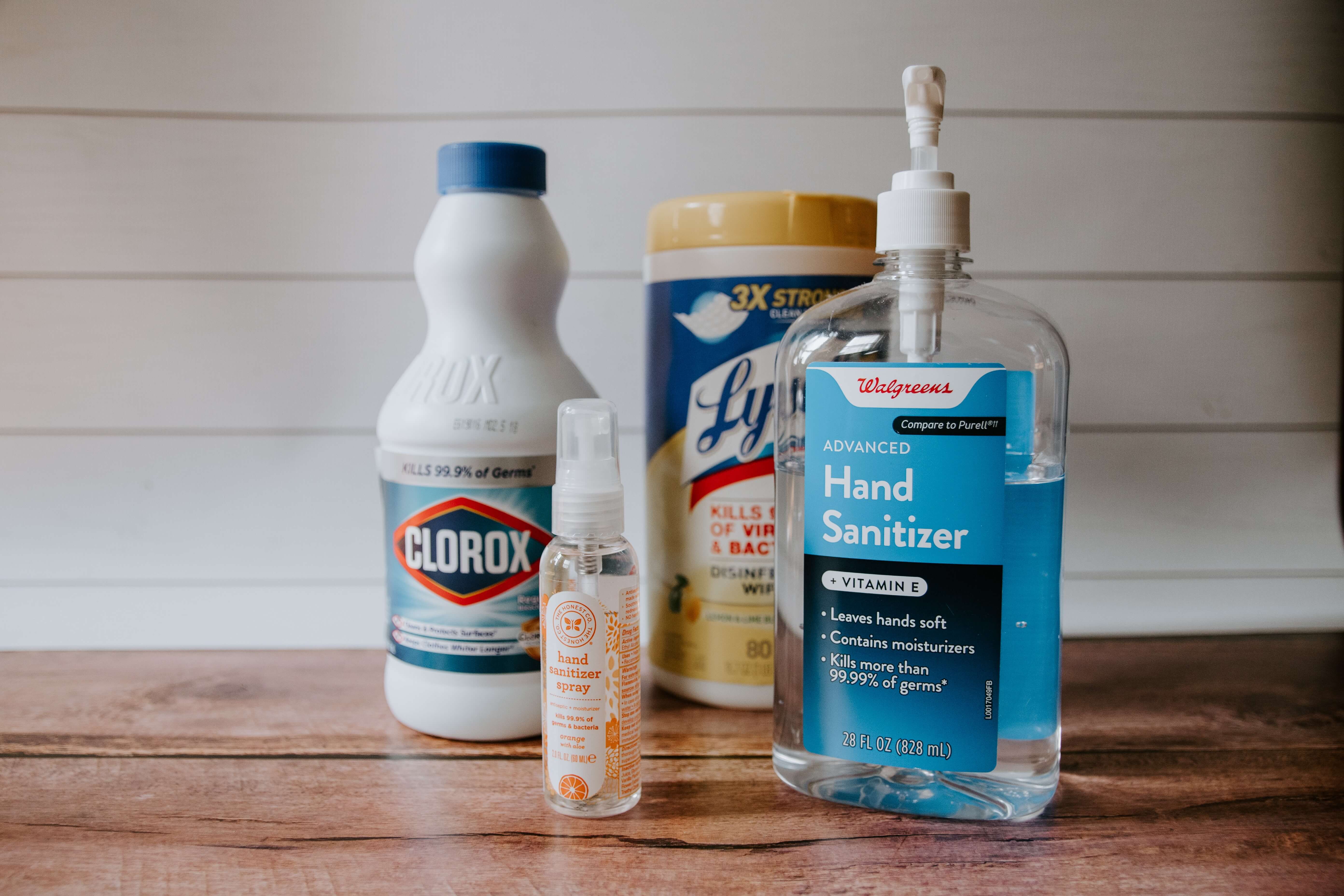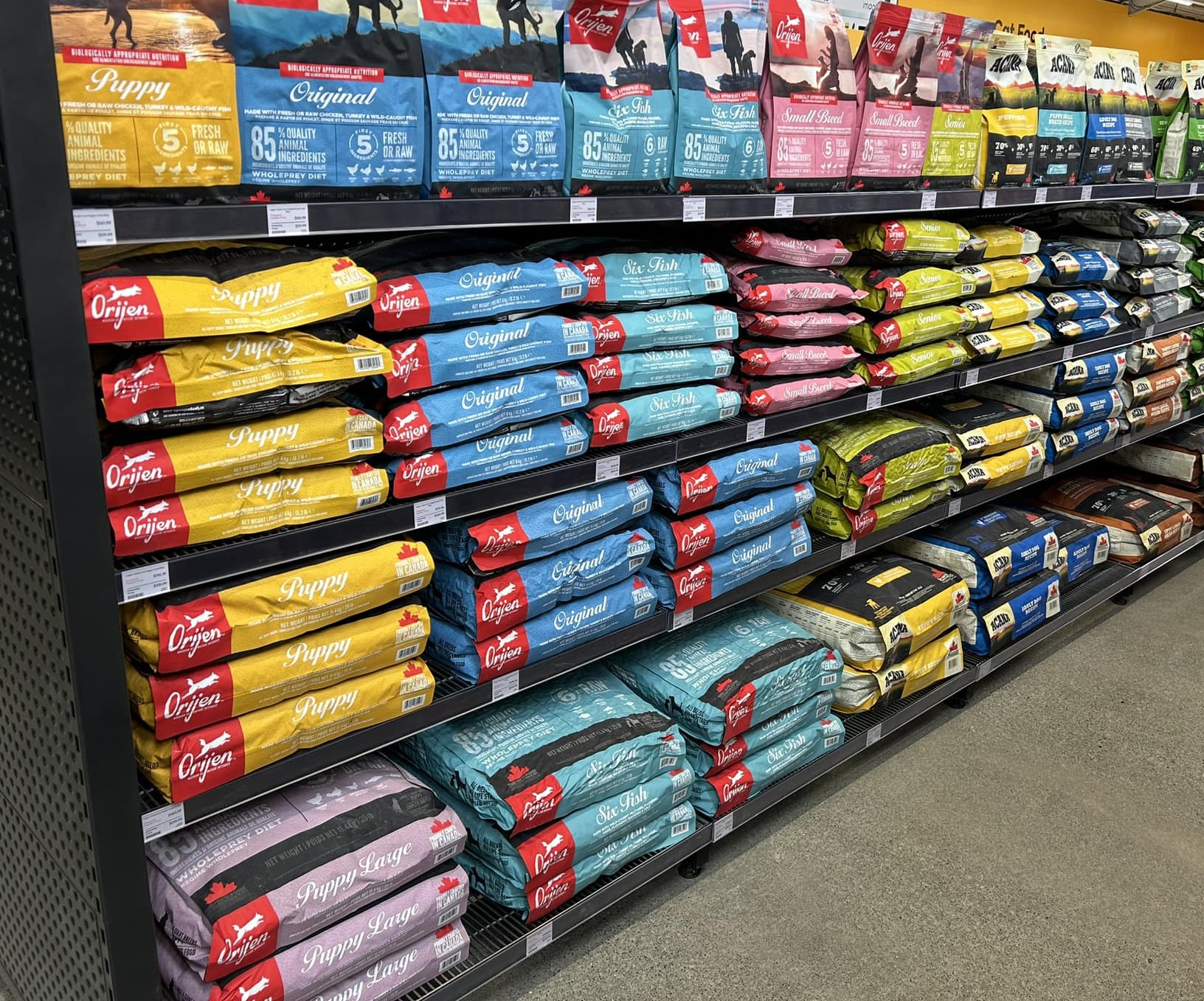MARCH | Poison Prevention Awareness Month

March is Poison Prevention Awareness month! This post aims to raise awareness and inform the Nature's Ki community about just some of the common foods, plants and household items which may be poisonous to our pets.
HUMAN FOODS
We've all seen those puppy dog eyes staring up at us as we're cooking in the kitchen longing for something to drop on the floor… but beware, some foods which we humans consume can have a devastating, somtimes fatal, impact on our dog’s health!
Chocolate
This is probably the most commonly known food which is poisonous to dogs. Chocolate contains a stimulant
called ‘Theobromine’ which is toxic to dogs and can cause kidney failure. The darker the chocolate, the higher the content of Theobromine
present.
Avocado
Widely grown in New Zealand, avocado plants contain something called ‘Persin’ which is found in the leaves, fruit and seeds and can
cause your dog to vomit or have diarrhoea.
Grapes and Raisins
Both grapes and raisins may cause severe liver damage and kidney failure if our dogs ingest
them. Don't forget these little suckers can be hidden in heaps of other foods like pastries, cakes, cereal bars and kids snacks.
Onions/Chives
Not all dogs find they have issues with these, but it's always better to be safe than sorry! Onions
and chives can cause gastrointestinal irritation and red blood cell damage whether they are raw, dried or cooked.
Xylitol
Most commonly found in some human peanut butters, this sweetener can often replace sugar in many foods which
claim to be 'sugar free' or 'low fat'. Once eaten, dogs can become hypoglycaemic, which causes a rapid drop in blood sugar resulting in
weakness, possible seizures and loss of consciousness.
Macadamia Nuts
Another food widely grown in New Zealand, Macadamia Nuts contain an unidentified toxin that can cause vomiting, weakness, joint pain and
inflammation.
Alcohol
Now we know you're not letting your dogs sip on your nice crisp Pinot or allowing them to take a swig of your beer, but alcohol can be found
in other foods, snacks, chocolates or cakes and can cause weakness, vomiting, dangerously low blood pressure, coma and even death in pets!
PLANTS
We would all like our homes to look like some sort of urban jungle or for our gardens to look worthy of a magazine spread, however when choosing plants, or when getting a pet for the first time, keep in mind that some plants are poisonous and can be highly toxic. Do your research and keep any nasties off ground level.
Aloe Vera
We all love it for ourselves, but Aloe Vera can be mildly toxic to pets. If ingested, it can cause vomiting, diarrhoea, tremors and a
change in urine colour.
Tulips
All parts of the tulip are poisonous including the bulb which can be toxic to dogs. If your dog eats any part of it, it can cause milder
symptoms like excessive drooling, vomiting, diarrhoea and oral irritation. However in more extreme cases it can cause heart problems and
breathing difficulties.
Peace Lilly
Although not fatally poisonous to dogs, it is toxic and can have severe health issues for dogs as well as humans if ingested.


HOUSEHOLD PRODUCTS
We all know the dangers of cleaning, laundry and other household products to us but they can also be highly toxic to our pets.
Bleach, hand sanitiser, laundry detergent, paint thinner, antifreeze, swimming pool chemicals, as well as a whole host of other household products should be kept well out of reach of of our fury friends.
Common symptoms to look for if you think that your pet has ingested any household chemicals or poisonous household cleaners include an stomach upset, depression, chemical burns, vomiting and even foaming from the mouth.
Of course there are also ‘obvious’ poisons, for example, rodent poisons to kill mice/rats/possoms. Especially with a new puppy that can easily get under and into tight spaces, be sure to keep traps well out of reach. If in doubt, use non-poison based rodent traps where possible to ensure pets are safe at home.
* For more information about dangerous items in your home, or to reach out for help, have a look at the
SPCA
website. The
information provided in this post is to help prevent poisoning by raising awareness. If you suspect your dog has ingested any toxins, seek
veterinary help immediately. *

.jpg)